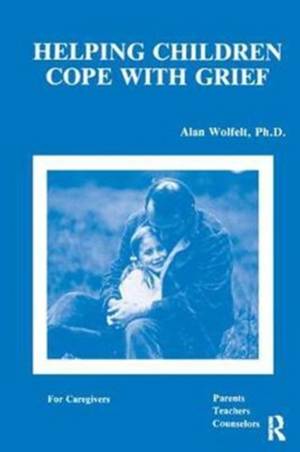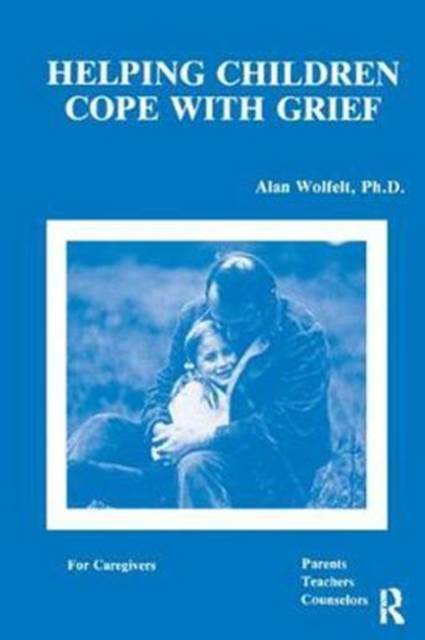
- Afhalen na 1 uur in een winkel met voorraad
- Gratis thuislevering in België vanaf € 30
- Ruim aanbod met 7 miljoen producten
- Afhalen na 1 uur in een winkel met voorraad
- Gratis thuislevering in België vanaf € 30
- Ruim aanbod met 7 miljoen producten
Zoeken
Omschrijving
First published in 1984. A common myth is that that young children (say around three years of age) do not understand death or give the death of friend, pet, brother, sister, parent, grandparent, other relative, or give it a Raggedy-Ann doll meaning. However, research has indicated that they do. If it is difficult for us to think about our death, it is the author's hypothesis that to think of the death of our children is an even greater difficulty. We dread the thought of our children suffering pain, dying, and death. Similarly the thought of our children suffering grief is difficult for us to comprehend. Helping Children Cope With Grief is more universal to more than the area of grief and is a valuable tool for parents, teachers, and counselors when their goal is to develop happier, more loving children.
Specificaties
Betrokkenen
- Auteur(s):
- Uitgeverij:
Inhoud
- Aantal bladzijden:
- 192
- Taal:
- Engels
Eigenschappen
- Productcode (EAN):
- 9781138416574
- Verschijningsdatum:
- 6/07/2017
- Uitvoering:
- Hardcover
- Formaat:
- Genaaid
- Afmetingen:
- 152 mm x 229 mm
- Gewicht:
- 452 g

Alleen bij Standaard Boekhandel
+ 486 punten op je klantenkaart van Standaard Boekhandel
Beoordelingen
We publiceren alleen reviews die voldoen aan de voorwaarden voor reviews. Bekijk onze voorwaarden voor reviews.











